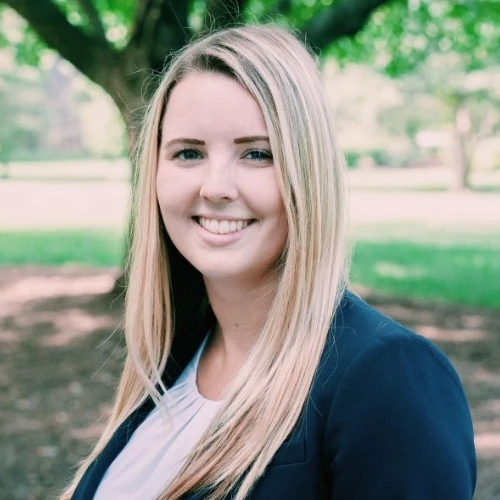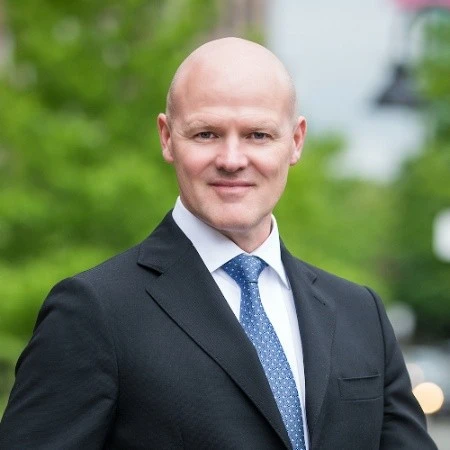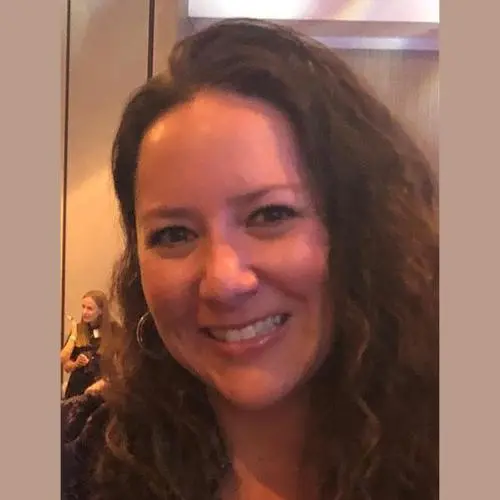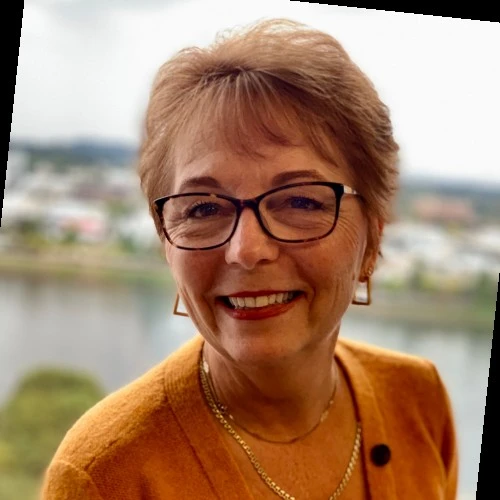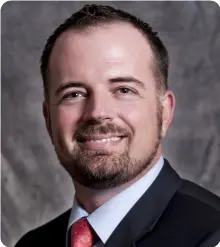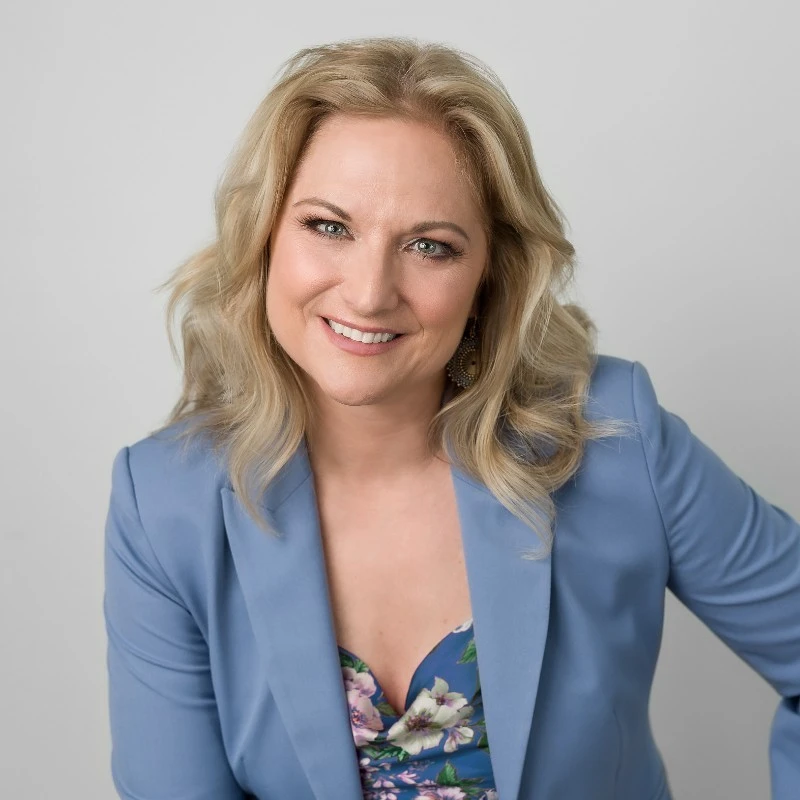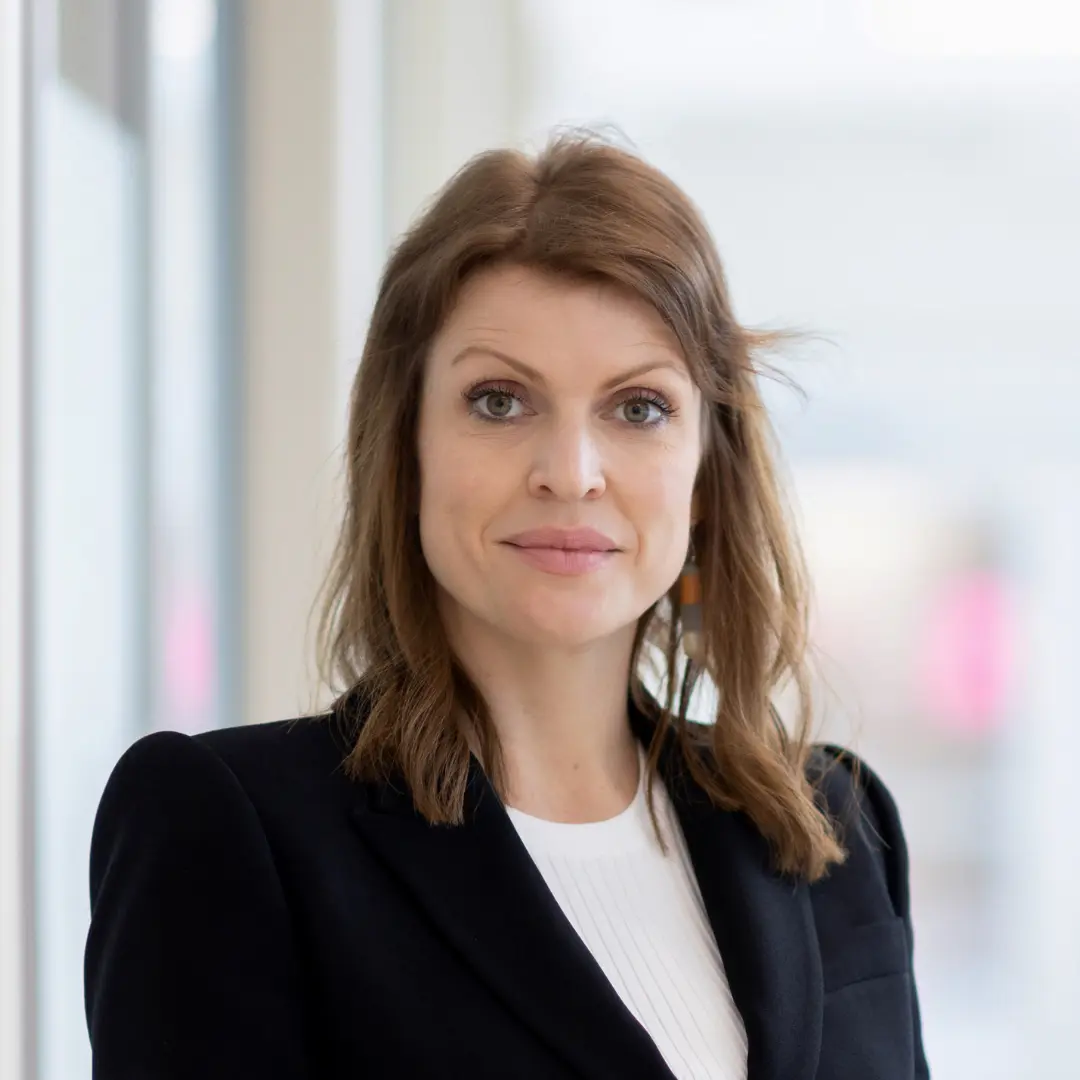Older People Are Happier — How Boomers Were Happy Through COVID19
Older People Are Happier — How Boomers Were Happy Through COVID19
Here is the corrected version of the transcript with added punctuation, correct names, and HTML paragraph formatting:Hi, I’m Paul Krismer, and I’m your happiness expert. This week’s video is all about how older people, those in the later generations, baby boomers, have done better mentally in terms of coping with COVID than any other generation out there. Which is kind of unexpected, isn’t it? I mean, these were the folks who were most vulnerable. These remain the people most vulnerable. They’ve got co-morbidities and just with age, we know that COVID has gotten them worse and that the threat of serious illness and death has been much greater in that demographic. And yet, in spite of that, older people have coped quite well from an emotional perspective, from a mental health perspective. They’ve done just fine, thank you very much. So what’s that all about? Well, this video is going to be exploring the circumstances, in general, on average, with older people vis-a-vis their mental coping and coping especially with COVID. The video is going to give some hints about meaning in our lives and the idea of forgiveness. It’s a rich teaching for all of us, regardless of our age. So stay tuned, that’s coming right up.
As a coach, public speaker, and best-selling author, I teach topics just like this one all around the world. So stay tuned, and I’ll give you practical tools that you can use to make both yourself and those around you both happier and more successful. Yeah, so this week’s video is all about how the older generation, baby boomers and older, have coped quite well with the mental stress associated with lockdowns and public health emergencies and all the stuff that’s occurred through COVID. And in particular, noting that they were the most vulnerable segment of the population. And this is not a shocking surprise, frankly, when we look at happiness research over the last several decades. There’s a pretty consistent finding, and that is that we start out in our young adult life, teenage years more relatively happy, and then we start to dip lower and lower. Early adulthood is troublesome, especially for young women, and then we get into kind of a midlife trough where things can be pretty tough. Coping with kids and mortgages and bosses we don’t like and all that kind of stuff, and then as we come out of that midlife trough into our early and late 50s and beyond, we get happier and happier and happier. So that by the time we die, we should be in our happiest place. And these are averages, it doesn’t hold true for all people, but this curve is well known. So, what is it that’s going on with older people, such that they cope generally, that they’re happier people, but also specifically through COVID? Well, there’s a new study out, David will put a link in the description below, that’s talking a little bit about some of these ideas. There are two things I wanted to share from that study, and they are this: meaning and forgiveness are what help older folks cope more happily with their lives.
With respect to meaning, I’m not talking about having some eureka moment where they resolve some existential crisis and say now I know my life is all about. Which is often, when we’re in that place, the search for meaning can actually be an unhappy place. But when we simply know what’s important to us, when we’re living it on a day-to-day basis and maybe by the time we get to be 65, we know which relationships are most important, which hobbies are important to us, what pursuits are of concern and genuine to us, and we just live them. And when we’re living what is important, we’re happier, and that’s a lesson for all of us, no matter where we are, is that the value of knowing our values and then living them cannot be overstated. I’ve talked about values many times before in videos and David will put a link in the description below to a free values exercise that can literally be life-changing. And I encourage you to take it, where you simply get to identify what’s most important to you in a thoughtful, rational way, and then once you know it and prioritize what’s most important to me, you can actually go about beginning to live them. I know in my own life, when I fall out of the habit of living my own values, I’m less happy. Even just recently through the Christmas holidays here, I’ve been busy and some of what I consider my spiritual values, which aren’t particularly religious but they’re ways that I take care of myself. Meditation, gratitude lists, a little bit of prayer practice, that’s one of my highest values. And when I’m living that way every day, I tend to be pretty happy. I’m grounded as I start that day, but with the chaos of holidays and people visiting and me traveling, I got out of some of that habit and I can feel after just a couple of days and weeks that that starts to compromise my well-being. So when I know my values and I live them most deliberately, intentionally, I tend to be a happier person.
Now, with respect to forgiveness, which is another area that older people tend to excel in, they are better at it than most of us. By forgiveness, I’m not talking about overcoming some betrayal or dealing with the cruelty of other people. That’s one kind of forgiveness, but I’m talking about a general mindset about how to just live our lives, accepting what is, being more relaxed with the things that we don’t prefer in our lives. The things like COVID that are a pain, and cause real consequential differences in our lives, but can I accept that? Older people are generally better at that. There’s less striving, they’re less resistant to the reality of the world, and I think that comes in parts through life experience, that they’ve dealt with many crises before. And so as a result, older folks see this latest set of crises, public health stuff, and vulnerabilities to disease as just another crisis that is in their lives like many others they’ve faced before. The lesson for us is maybe the great Buddhist teaching of impermanence, which is kind of one of the very most fundamental teachings of Buddhism. Impermanence is just this idea that nothing stays the same, there will always be change. Some changes we prefer, some changes we don’t prefer, but the one thing that’s guaranteed is life in life is that something different will come tomorrow. And when COVID comes along, we can say, oh this is a change, and the one thing I can know for sure about it is that there’ll be further change. Maybe there are some hopeful prognostications that we’re nearing the end of the pandemic with this Omicron virus, and maybe we are, but all I know for sure is the change is coming. And if I can just accept that and be forgiving and relaxed with the reality of the world, I can be a happier person.
So there you have it, some clues about why old people have coped with COVID really well and maybe some learning that we can take for ourselves. If you like this kind of content, please click the like button, share this video with your friends and family. You’ll make the world a little bit
So there you have it, some clues about why old people have coped with COVID really well and maybe some learning that we can take for ourselves. If you like this kind of content, please click the like button, share this video with your friends and family. You’ll make the world a little bit happier place. Thanks for watching, we’ll see you next time.

